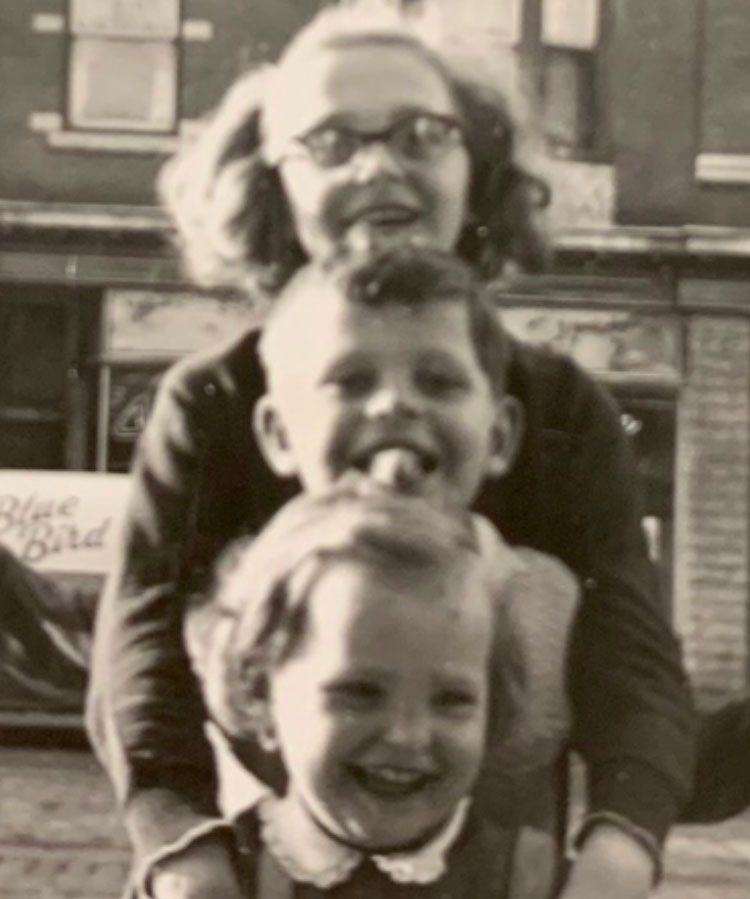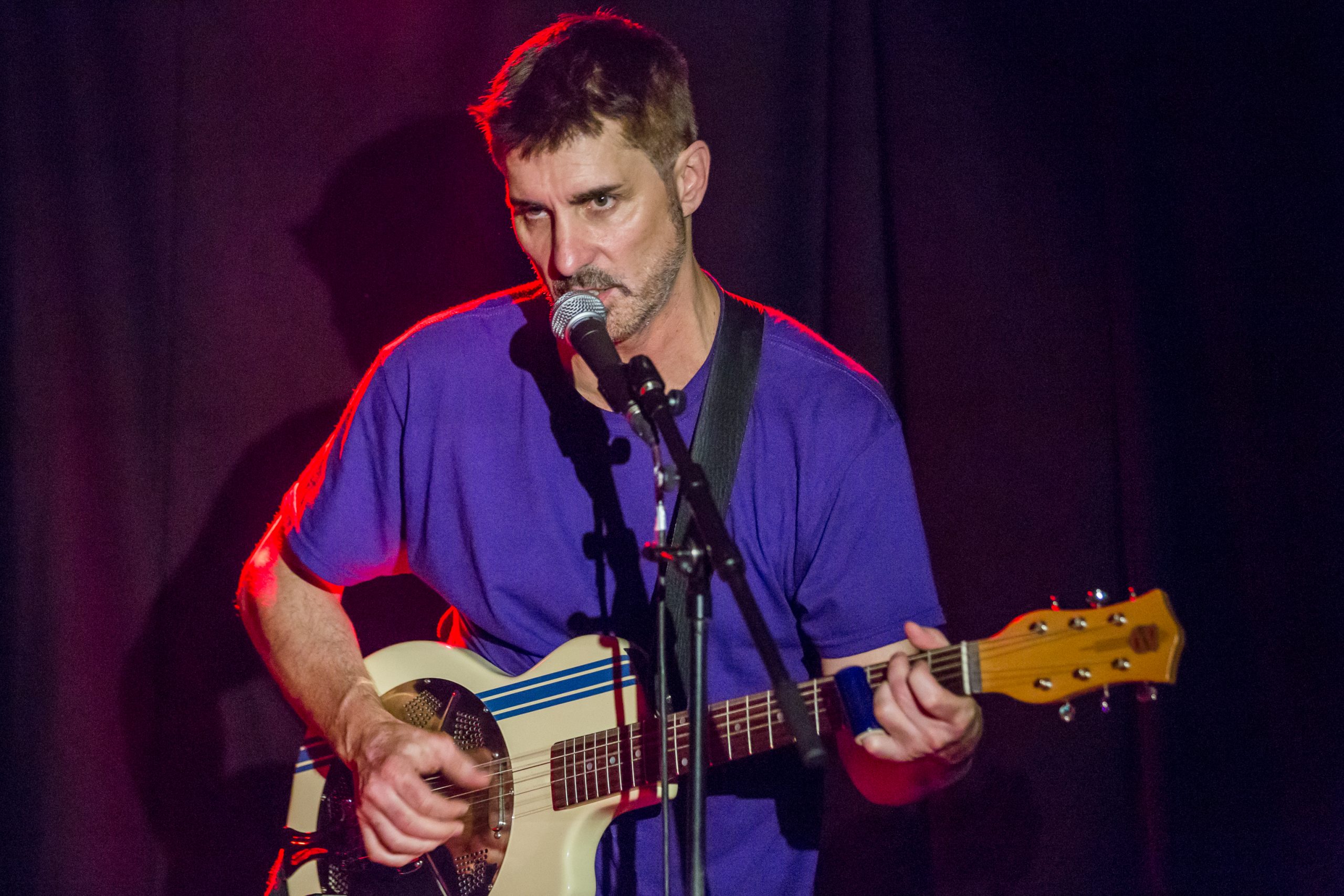20
Feb
My biggest influence caught me by surprise
When I’m a little kid I just want to tell funny stories like my Uncle Andy. He’s the one in the middle of the picture — below my mom and above Aunt Mika — with his tongue out. You know someone like him. The whole space brightens when he walks...
16:13 /
Blog

